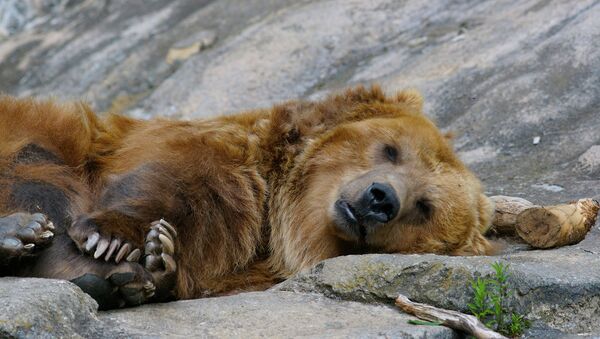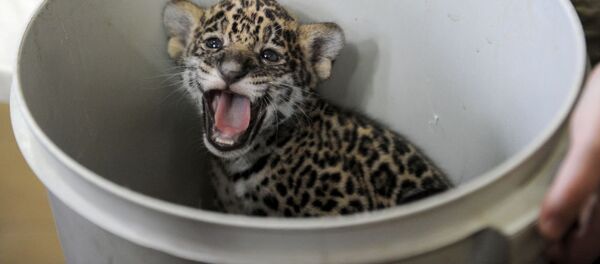"I have signed the order to close the hunt," state wildlife commission executive director Nick Wiley announced after reports emerged showing 295 bears had been killed.
"We'd rather err on the conservative side", executive director stressed.
The number animals killed did exceed limits in certain regions of the state. In the Panhandle, for example, hunters took the lives of 112 bears in the first day — almost three times more than the set limit of 40. Central Florida hunters killed 139 animals, exceeding that region's limit of 100.
Hunters have 12 hours to report, so it's likely the number of animals killed in the two-day spree will rise.
"The bears haven't been hunted in 21 years, so they're relatively naive," the commission's bear expert Thomas Eason said, according to the Orlando Sentinel.
Despite the public outrage prompted by the hunt, it was considered a success by Wiley; he added that the commission had "learned a lot" from the experience and would be better prepared in case of a second bear hunt in 2016.
Opponents had urged the commission to call off the bear hunt statewide, as killing too many animals could lead to population extinction. Bear numbers are currently estimated at 3,300, and bears were on the state's imperiled species list until 2012.
Tell Nick Wiley of the Florida Wildlife and Fish NO MORE BEAR HUNTS https://t.co/Udwkl0dwFZ pic.twitter.com/WTxg2ellml #91e4aNWE
— Priscilla (@PriscillaLakerv) October 26, 2015
A representative for the Sierra Club said that the limitless hunting permits sold for the event may have "set back the recovery of the bears for years, if not decades."
The public generally opposed the hunt: around 30,000 out of the 40,000 responses received prior to the commission's vote that permitted it voiced concerns.
Nearly 4000 hunters reportedly received hunting licenses, which earned Florida $376,900. Local law enforcement has been on high alert for rules violations, and one hunter was charged after shooting a cub.


